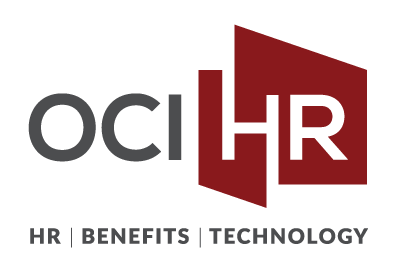Under a new private letter ruling released publicly on August 17, 2018, the Internal Revenue Service signals its willingness to possibly allow companies to make matching contributions to the retirement accounts of employees who do not make 401K contributions, as long as they make qualifying student loan payments.
Put another way, Millennials who are so burdened by paying off student debt that they’re not voluntarily contributing to their workplace 401K plans, could still receive an employer matching contribution to that retirement plan.
Pew found that only 52% of Millennials opt-in to their employer sponsored retirement plans. Some believe that the low participation rates for young people are in part due to being overburdened by high student loan balances and repayment plans. The unprecedented levels of student loans clearly highlights the importance of making and sticking to a monthly budget, but having an additional 401K benefit tied to student loans would be welcomed by debt-burdened professionals.
The ruling by the IRS makes it clear that their approval of this plan is only applicable to the individual company that applied and ultimately received approval for this plan, but it raises the question of whether it reflects the intention of the government to adjust the law to allow other employers to similarly design their retirement plans to include this student loan benefit.
In the method approved by the IRS, an employee with student loans would be able to enroll in the plan, make monthly student loan payments, and have their employer make matching contributions into the employees 401K retirement account, up to a certain amount.
Under the specific plan reviewed by the IRS, the benefit would work as follows. Let’s assume an employee receives compensation of $2,500 during a two-week pay period, or roughly $5,000 per month. As long as the employee makes a monthly student loan payment of at least 2% of their eligible pay or $100 ($5,000 x 2%), the employer would make a matching contribution equal to 5% of the employee’s eligible pay or $250 ($5,000 x 5%) into their 401K retirement plan. To meet the minimum 2% contribution, the employee would still be allowed to make elective contributions to the 401K plan.
The IRS does mention that:
The SLR nonelective contribution will not be treated as a matching contribution for purposes of any testing under or requirement of section 401(m). The true-up matching contribution will be included as a matching contribution for purposes of any testing under or requirement of section 401(m).
Employees without student loans would not be impacted by the ruling, and it would not hurt them since all employees would still be eligible for the same levels of matching contributions.
It is worth noting that the employer who made this request of the IRS already had a generous plan in place. They match a higher percentage of their employees’ compensation than the employees’ elective contributions. Their employee-friendly stance is further reflected in the fact that they proactively requested this approval from the IRS prior to it being the law, and are at the forefront of this potential legislation. The company’s name was redacted in the official release.
I am the Co-Founder and CEO of The Finance Twins, a site I run with my identical twin brother dedicated to covering the best practices for personal finance and overcoming financial hurdles like large amounts of debt. I previously served as the Chief of Staff at Bonobos, Inc….
Read more of Camilo Maldonado’s articles, and get personal finance tips at The Finance Twins.

